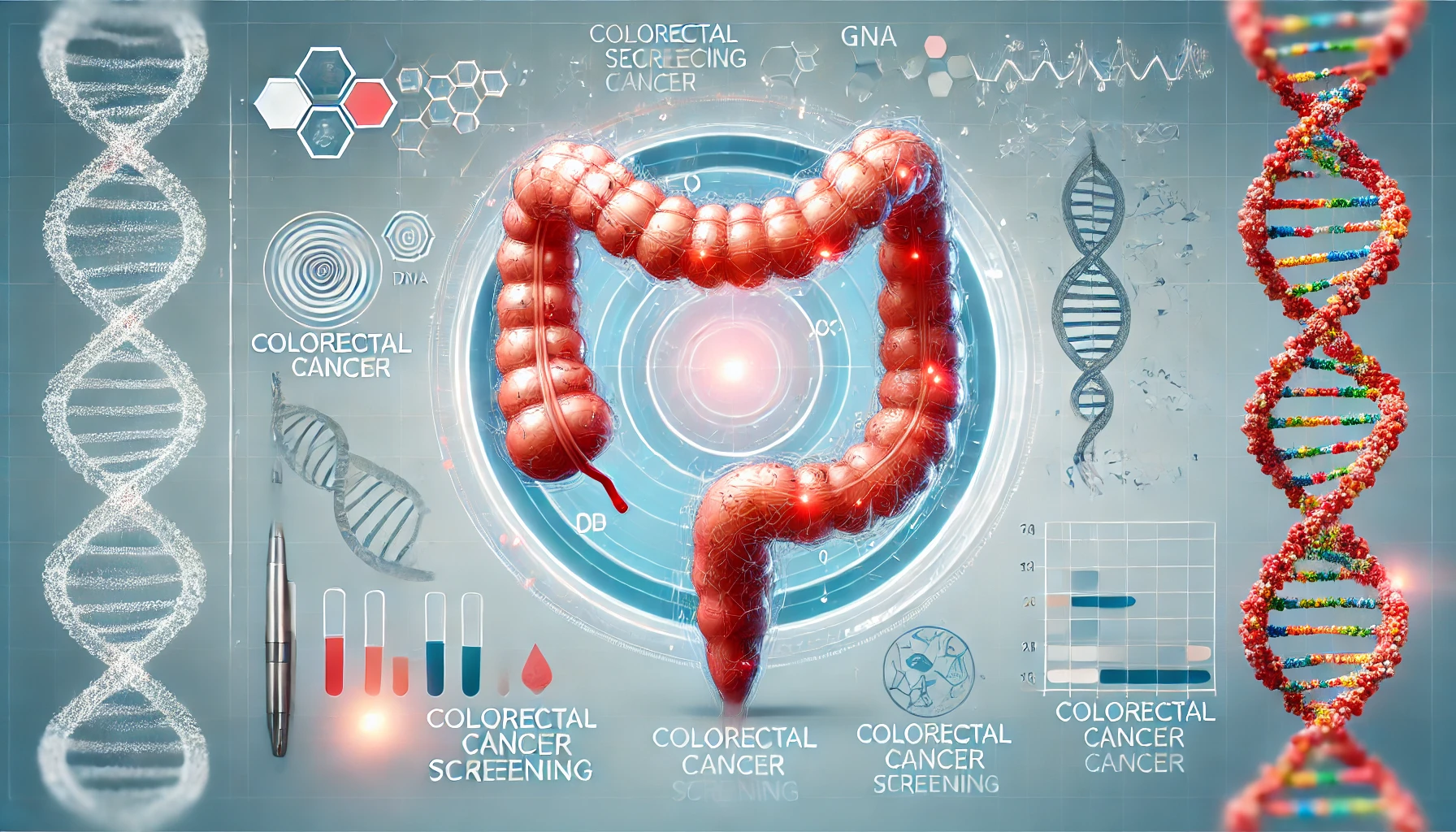
Description
Fecal (stool) DNA tests have been under continuous development over the past several years. These tests are designed to detect in stool samples any number of DNA markers shown to be associated with Colo-Recatal Cancer.
Non-Invasive Faecal DNA Testing Complying with CE-IVDD and CE-IVDR to Improve Diagnosis and Treatment Management of Late Colorectal Cancer.
Sensitivity for colorectal cancer is 96.08%1. *
Sensitivity for advanced precancerous lesions is 52.5%1. *
* Advanced precancerous lesions including advanced adenoma (tubular adenoma measuring ≥ 1 cm in greatest diameter, or adenoma with significant villous features), large serrated lesions or high-grade dysplasia.
Non-invasive and painless test uses stool samples to perform early detection of colorectal cancer and does not require bowel preparation.
The multi-biomarker DNA and FIT combined testing technology increases rate of detection of colorectal cancer and pre-cancerous lesions, offering ideal performance for colorectal cancer early screening.
Test code(s)
BNP-628
TAT
21 business days
Method
NGS
Accepted Sample requirements
Stool DNA test kit provided by BION

